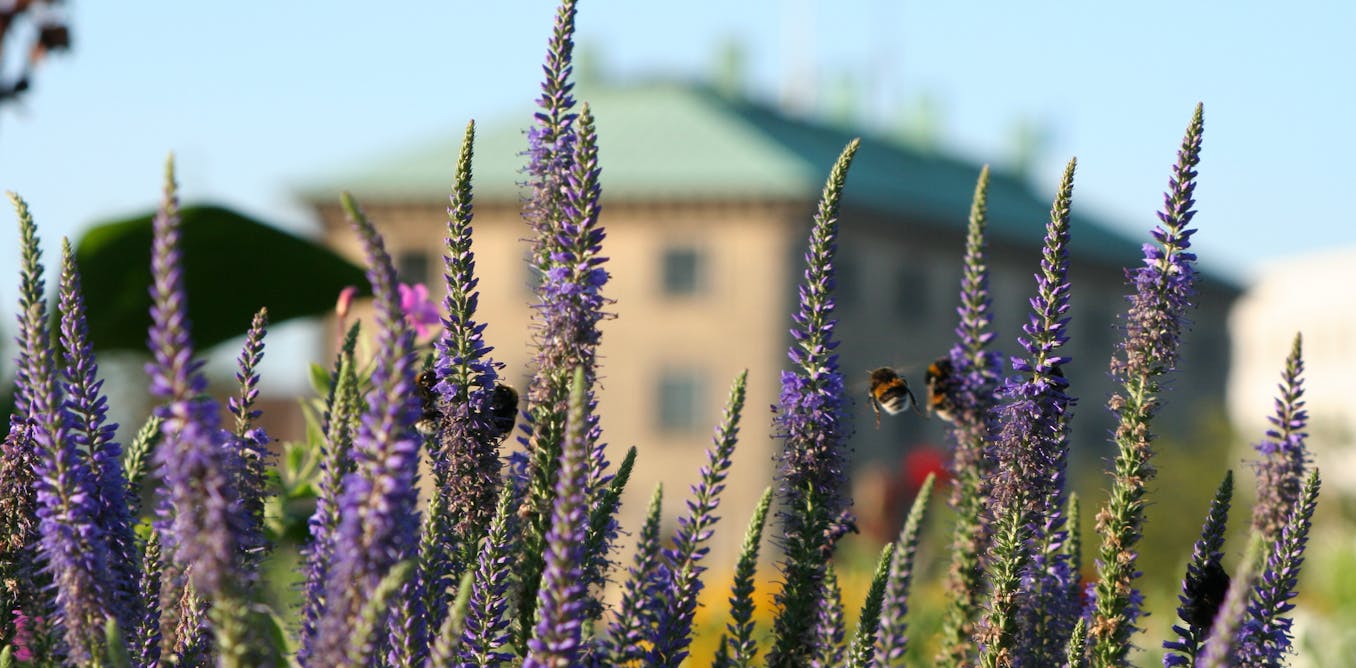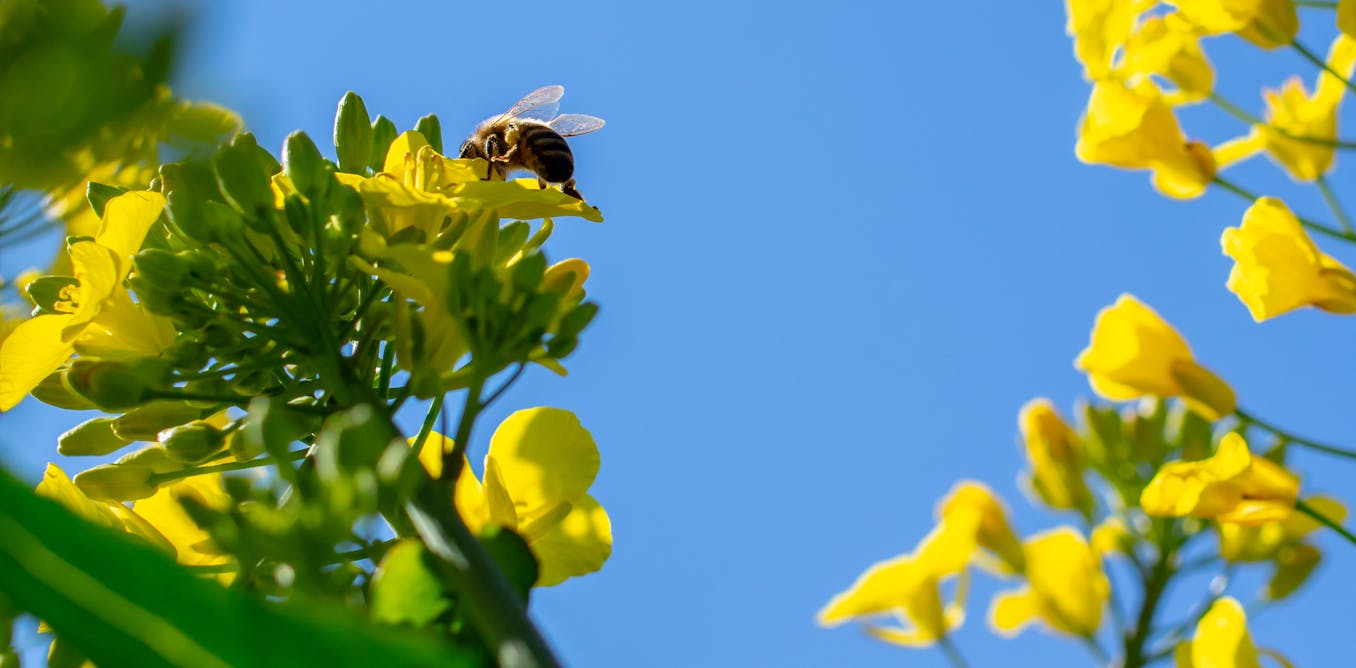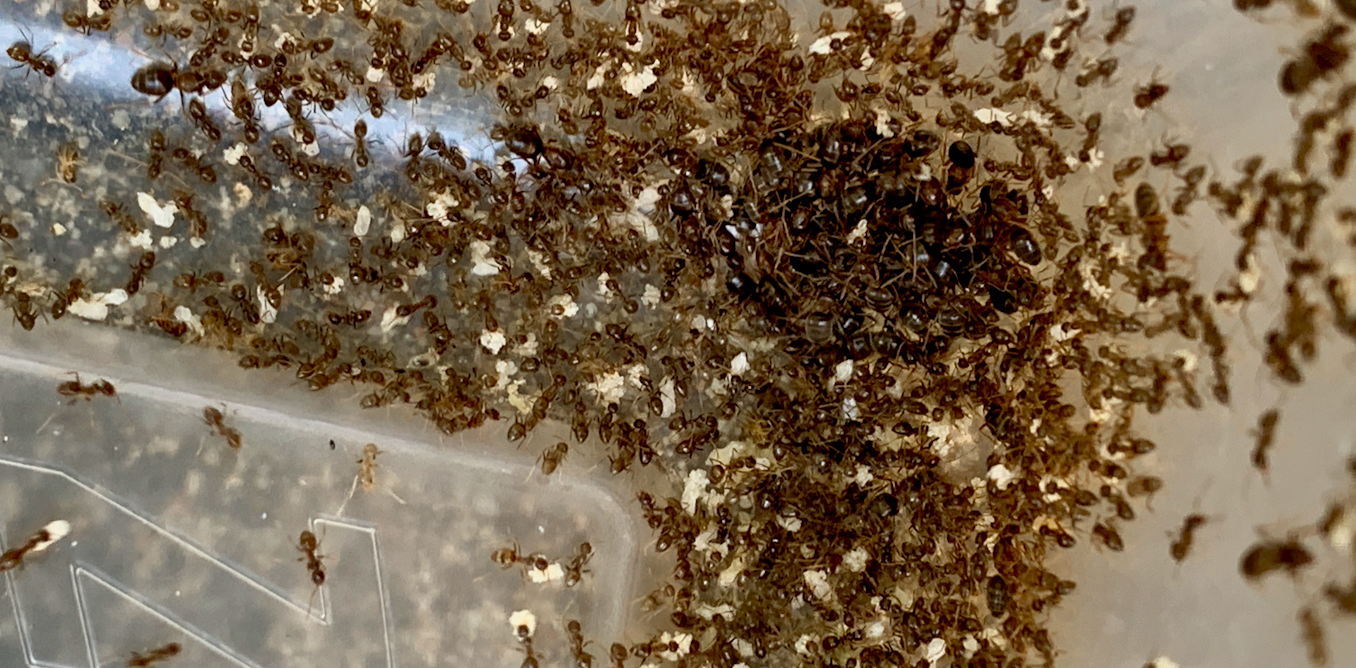Planning for spring’s garden? Bees like variety and don’t care about your neighbors’ yards
A biologist explains what to focus on if you’re designing a garden with pollinators in mind − and what you don’t need to worry about.
Laura Russo, Assistant Professor of Ecology and Evolutionary Biology, University of Tennessee •
conversation
Jan. 7, 2025 • ~7 min
Jan. 7, 2025 • ~7 min





